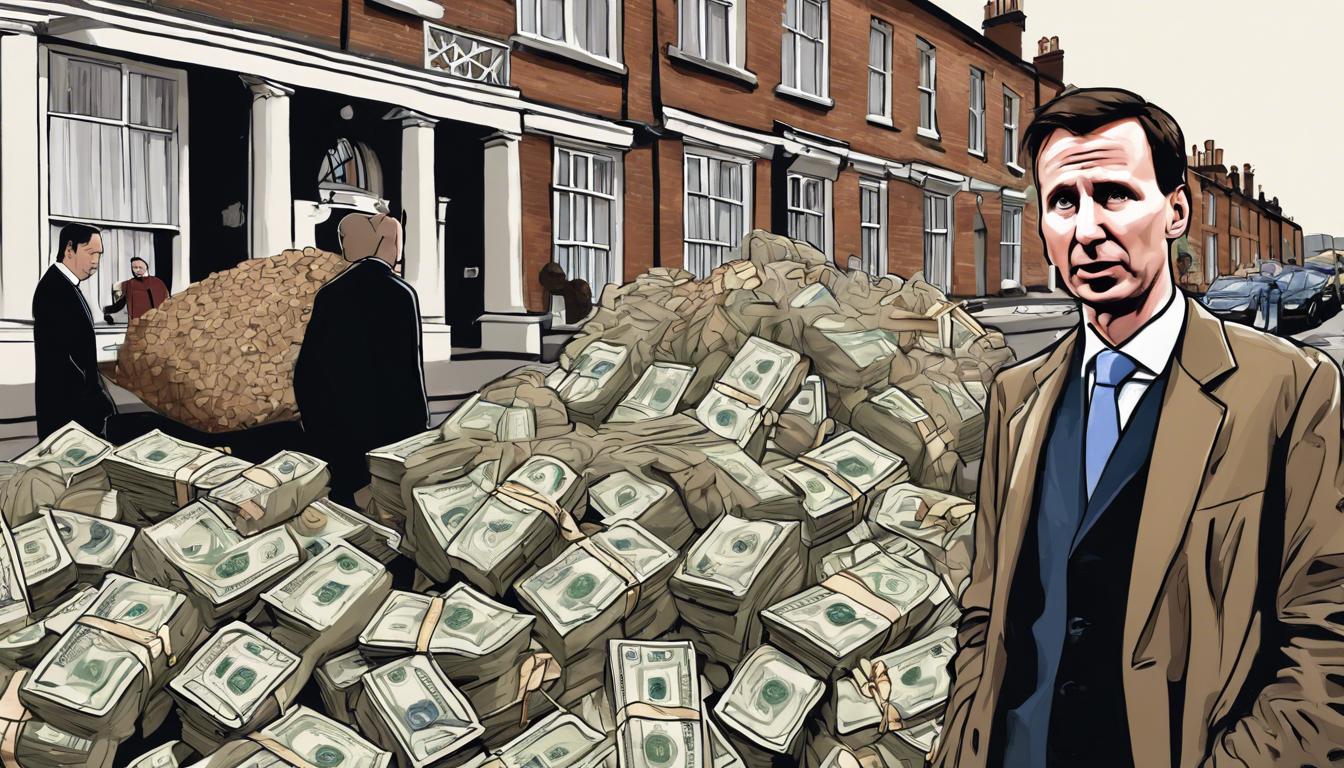Chancellor Jeremy Hunt’s recent comments on the living standards of those with £100,000 incomes have ignited discussions on economic hardship and the need for pension policy revisions amid rising poverty levels in the UK.
Jeremy Hunt, the Chancellor of the Exchequer, has recently attracted attention for comments regarding the perceived value of a £100,000 annual income. Speaking from his constituency perspective in South West Surrey, Hunt suggested that such an income “doesn’t go as far as you might think.” This statement has sparked debate regarding his understanding of the economic difficulties facing families across the UK, especially against a backdrop of increasing child poverty and rising numbers of individuals in absolute poverty.
Critics have emphasized the disconnect between affluent areas, such as Hunt’s constituency, where high house prices reflect the incomes of residents, and the broader national context of financial strain for many families. Concerns have also been raised regarding the need for more targeted financial reforms, particularly in relation to the pension triple lock. Trevor Lyttleton, among others, has called for adjustments to ensure pension funds better serve those in actual need, rather than incurring additional government expenditure.
The challenges of equitable financial policymaking are further underlined by recent research indicating that up to 1.6 million pensioners will be drawn into the income tax net by 2027-28 due to a continued freeze on the income tax allowance. Since April 2021, the allowance has been maintained at £12,570, despite predictions that it could reach £15,990 by 2028 if adjusted for inflation. The House of Commons Library’s analysis anticipates that 1.2 million pensioners will become liable for income tax in the 2024-25 tax year, with this number expected to rise to 1.6 million by 2027-28, affecting a substantial portion of the UK’s 12.7 million state pension recipients.
Liberal Democrat MP Sarah Olney has highlighted the unfair burden this places on older citizens who have contributed to society throughout their lives, describing it as “unfair tax hikes” on pensioners. These developments underscore the complexities facing the UK government in its financial decision-making, from prioritizing expenditures on defense, healthcare, and infrastructure to managing the implications of tax policy changes on vulnerable population segments.













